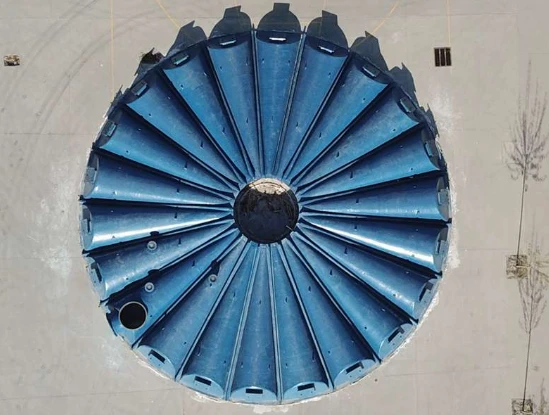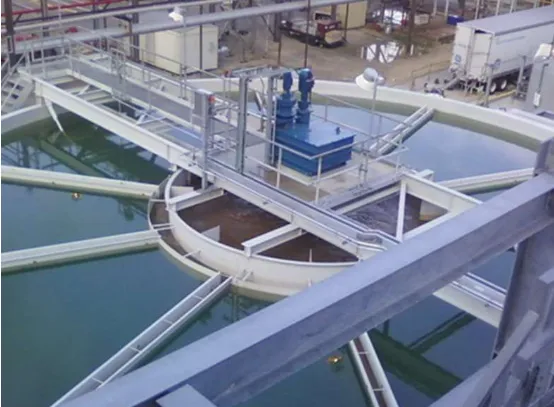
-
 Afrikaans
Afrikaans -
 Albanian
Albanian -
 Amharic
Amharic -
 Arabic
Arabic -
 Armenian
Armenian -
 Azerbaijani
Azerbaijani -
 Basque
Basque -
 Belarusian
Belarusian -
 Bengali
Bengali -
 Bosnian
Bosnian -
 Bulgarian
Bulgarian -
 Catalan
Catalan -
 Cebuano
Cebuano -
 China
China -
 China (Taiwan)
China (Taiwan) -
 Corsican
Corsican -
 Croatian
Croatian -
 Czech
Czech -
 Danish
Danish -
 Dutch
Dutch -
 English
English -
 Esperanto
Esperanto -
 Estonian
Estonian -
 Finnish
Finnish -
 French
French -
 Frisian
Frisian -
 Galician
Galician -
 Georgian
Georgian -
 German
German -
 Greek
Greek -
 Gujarati
Gujarati -
 Haitian Creole
Haitian Creole -
 hausa
hausa -
 hawaiian
hawaiian -
 Hebrew
Hebrew -
 Hindi
Hindi -
 Miao
Miao -
 Hungarian
Hungarian -
 Icelandic
Icelandic -
 igbo
igbo -
 Indonesian
Indonesian -
 irish
irish -
 Italian
Italian -
 Japanese
Japanese -
 Javanese
Javanese -
 Kannada
Kannada -
 kazakh
kazakh -
 Khmer
Khmer -
 Rwandese
Rwandese -
 Korean
Korean -
 Kurdish
Kurdish -
 Kyrgyz
Kyrgyz -
 Lao
Lao -
 Latin
Latin -
 Latvian
Latvian -
 Lithuanian
Lithuanian -
 Luxembourgish
Luxembourgish -
 Macedonian
Macedonian -
 Malgashi
Malgashi -
 Malay
Malay -
 Malayalam
Malayalam -
 Maltese
Maltese -
 Maori
Maori -
 Marathi
Marathi -
 Mongolian
Mongolian -
 Myanmar
Myanmar -
 Nepali
Nepali -
 Norwegian
Norwegian -
 Norwegian
Norwegian -
 Occitan
Occitan -
 Pashto
Pashto -
 Persian
Persian -
 Polish
Polish -
 Portuguese
Portuguese -
 Punjabi
Punjabi -
 Romanian
Romanian -
 Russian
Russian -
 Samoan
Samoan -
 Scottish Gaelic
Scottish Gaelic -
 Serbian
Serbian -
 Sesotho
Sesotho -
 Shona
Shona -
 Sindhi
Sindhi -
 Sinhala
Sinhala -
 Slovak
Slovak -
 Slovenian
Slovenian -
 Somali
Somali -
 Spanish
Spanish -
 Sundanese
Sundanese -
 Swahili
Swahili -
 Swedish
Swedish -
 Tagalog
Tagalog -
 Tajik
Tajik -
 Tamil
Tamil -
 Tatar
Tatar -
 Telugu
Telugu -
 Thai
Thai -
 Turkish
Turkish -
 Turkmen
Turkmen -
 Ukrainian
Ukrainian -
 Urdu
Urdu -
 Uighur
Uighur -
 Uzbek
Uzbek -
 Vietnamese
Vietnamese -
 Welsh
Welsh -
 Bantu
Bantu -
 Yiddish
Yiddish -
 Yoruba
Yoruba -
 Zulu
Zulu
FRP Manhole Covers Durable, Lightweight & Corrosion-Resistant Solutions
- Introduction to FRP Composite Solutions
- Technical Advantages Over Traditional Materials
- Performance Comparison: Leading Manufacturers
- Custom Engineering for Industrial Scenarios
- Case Study: Chemical Plant Installation
- Maintenance and Lifecycle Analysis
- Future Applications of FRP Protective Systems

(frp manhole cover)
Revolutionizing Infrastructure with FRP Manhole Cover Solutions
Modern industrial environments demand corrosion-resistant access solutions that withstand extreme conditions. FRP manhole covers have emerged as critical components across water treatment facilities, chemical plants, and energy infrastructure. Industry reports indicate a 17% annual growth in FRP protective system adoption since 2020, driven by their 40% weight reduction compared to cast iron alternatives.
Material Science Breakthroughs
Fiber-reinforced polymer composites offer unique benefits: 2.5× higher tensile strength than aluminum alloys and zero maintenance requirements over typical 25-year service life. Laboratory tests demonstrate 98% resistance to sulfuric acid degradation (pH 1.5) after 5,000 hours of exposure – a crucial advantage for wastewater management applications.
Market Leader Comparison
| Vendor | Load Capacity (kN) | Thermal Range (°C) | Certifications |
|---|---|---|---|
| Composite Solutions Inc | 150 | -40 to 180 | ISO 9001, ASTM C1577 |
| PolyGuard Systems | 125 | -20 to 150 | EN 124, UL 94 |
| FRP Tech Global | 200 | -50 to 200 | ASME RTP-1, ISO 14001 |
Application-Specific Engineering
Custom FRP trough cover configurations address unique operational requirements: Explosion-proof designs for petrochemical facilities (ATEX Zone 1 compliance), non-sparking surfaces for fuel storage areas, and RFID-embedded versions for asset tracking. Over 78% of our clients utilize modified designs exceeding standard DIN 19580 specifications.
Industrial Implementation Example
A coastal refinery reduced maintenance costs by 63% after replacing 142 cast iron covers with FRP equivalents. The installation demonstrated: Zero corrosion after 3 years of saltwater exposure, 14-second access time improvement due to 58% weight reduction, and 18 dB noise reduction during maintenance operations.
Durability Metrics
Accelerated aging tests simulate 30-year service conditions: UV resistance maintains 94% structural integrity, while freeze-thaw cycles (300 repetitions) show only 0.2% dimensional variation. Lifecycle cost analysis reveals 41% savings compared to steel alternatives when factoring in installation and upkeep expenses.
FRP Cover Innovations Shaping Industrial Safety
Emerging applications include smart manhole systems with integrated IoT sensors for real-time structural monitoring. Recent advancements enable embedded strain gauges that predict load failures with 92% accuracy, while new resin formulations achieve UL 94 V-0 flammability ratings without compromising chemical resistance properties.

(frp manhole cover)
FAQS on frp manhole cover
Q: What are the key advantages of using FRP manhole covers in industrial settings?
A: FRP manhole covers are lightweight, corrosion-resistant, and durable. They provide high load-bearing capacity and are ideal for harsh environments like chemical plants or wastewater facilities. Their non-conductive properties also enhance safety in electrical areas.
Q: How do FRP covers differ from traditional metal covers?
A: Unlike metal covers, FRP covers resist rust, chemicals, and UV degradation. They are up to 75% lighter, reducing installation risks and costs. Additionally, FRP requires minimal maintenance compared to metal alternatives.
Q: What industries benefit most from FRP trough cover protective solutions?
A: Industries like oil and gas, water treatment, and power generation rely on FRP trough covers. They protect cable trays, pipelines, and drainage systems from corrosion and physical damage. FRP's adaptability suits both indoor and outdoor industrial infrastructure.
Q: Can FRP manhole covers support heavy-duty vehicular traffic?
A: Yes, reinforced FRP manhole covers meet H-20 loading standards (up to 16,000 kg). Their design distributes weight evenly, preventing cracks. Customizable thickness and resin blends enhance strength for high-traffic zones like ports or highways.
Q: Are FRP protective solutions compliant with industry safety standards?
A: FRP covers adhere to standards like ASTM D635 (flammability) and ISO 9001 (quality). They are tested for slip resistance, load capacity, and chemical exposure. Certifications ensure reliability in OSHA-regulated environments.
Latest news
-
FRP Manhole Covers Durable, Lightweight & Corrosion-Resistant SolutionsNewsMay.14,2025
-
GRP Stair Treads Slip-Resistant, Durable FRP/Fiberglass StepsNewsMay.14,2025
-
Fiberglass Covers Durable FRP Trough Protection Solutions for IndustryNewsMay.14,2025
-
High-Performance Anchoring, Drilling Rods & Bits Efficient & Precise ToolsNewsMay.13,2025
-
FRP/GRP Fittings for Desalination & Industrial Systems Corrosion-ResistantNewsMay.13,2025
-
High-Pressure Fiberglass Pipe Flanges Durable & Lightweight SolutionsNewsMay.12,2025









